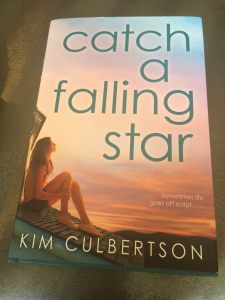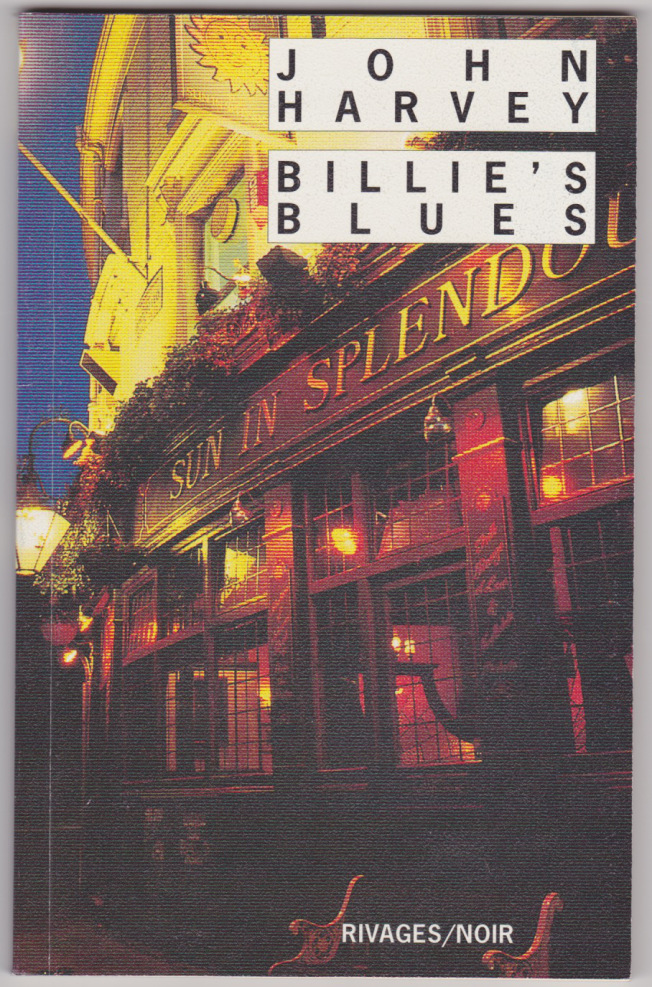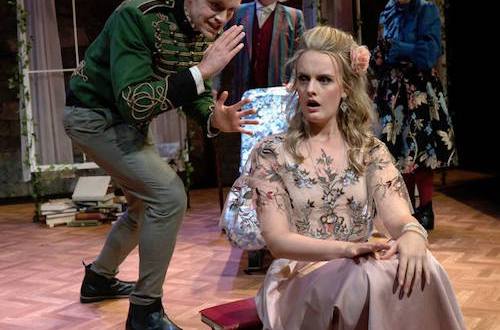 Lucky Jim, Kingsley Amis
Lucky Jim, Kingsley Amis
Jesus Christ, how many more novels about humanities professors worrying about tenure and intradepartmental politics must we read?
This was good, though, and Dixon’s specific combination of spite, apathy, and laziness endeared him to me–more than I usually feel for the protagonists of these types of novels.
Selected quote:
‘What work do you do?’ Dixon asked flatly.
‘I am a painter. Not, alas, a painter of houses, or I should have been able to make my pile and retire by now. No no; I paint pictures. Not, alas again, pictures of trade unionists or town halls or naked women, or I should now be squatting on an even larger pile. No no; just pictures, mere pictures, pictures tout court, or, as our American cousins would say, pictures period. And what work do you do? always provided, of course, that I have permission to ask.’
Dixon hesitated; Bertand’s speech, which, except for its peroration, had clearly been delivered before, had annoyed him in more ways than he’d have believed possible.
Also lol what:
While he was using the lavatory, he began making his Evelyn Waugh face, then abandoned it in favour of one more savage than any he normally used.
I love that that was apparently a reference you could make in the 1950s and (presumably) expect your readers to have that picture in their mind; but man, what is an Evelyn Waugh face? Disgusted stare with eyebrows drawn down?
Decline and Fall, Evelyn WaughYes, great.
Selected quote:
City of Glass: Doug Coupland’s Vancouver, Douglas CouplandFor an evening at least the shadow that has flitted about this narrative under the name of Paul Pennyfeather materialized into the solid figure of an intelligent, well-educated, well-conducted young man, a man who could be trusted to use his vote at a general election with discretion and proper detachment, whose opinion on a ballet or a critical essay was rather better than most people’s, who could order a dinner without embarrassment and in a creditable French accent, who could be trusted to see to luggage at foreign railway-stations and might be expected to acquit himself with decision and decorum in all the emergencies of civilized life.
Very short and readable, somewhat educational. I’d be curious what a native of Vancouver thought of it and how much is still relevant in 2017, but to an outsider, it offers (or at least seems to offer) an interesting perspective into Vancouver’s cultural identity as of 2000.
Selected quote:
Rosencrantz and Guildenstern Are Dead, Tom StoppardIn 1995 when I was in Europe, I located one of the continent’s (then) three Touch-Tone phones and checked my messages. One was from my mother, who had been contacted by the Vancouver Police Department: “Hi dear. Mom here. Constable So-and-so from the police department called and asked if you’d parked your car inside the hollow tree before you left for Europe. I said I didn’t think you had, but then I never know with you. Anyway, if you could please give him a call at…” It turned out that my old VW Type-3 Fastback had been stolen by two hosers who’d driven around and gotten sloshed in it, but not before they’d strapped moose antlers onto the hood where the little VW crest is supposed to go. Afterward, they parked the car inside the hollow tree in Stanley Park and passed out, with bottles of scotch in their laps. I mention this because Vancouver is perhaps the only city in the world where criminals might strap moose antlers to the hood of a stolen car and park it inside a fifteen-hundred-year-old hollow tree.
I’ve been wondering what the deal was with this for, like, a decade, but: either I don’t get it or I just didn’t appreciate it whatever there was to get. Would I enjoy it more on-stage? I…don’t really think so? Unless the actors are just so attractive and/or charismatic that I can cease to care about what they’re actually saying.
X: A Highly Specific, Defiantly Incomplete History of the Early 21st Century, Chuck KlostermanA classic Klosterman essay collection, after the semi-disappointing I Wear the Black Hat and What If We’re Wrong. As per usual, a lot of insights into pop culture that straddle the line between dumb and brilliant and more sports-based articles than I would like. Also as per usual, super compelling.
(Also the hardback edition is one of the most aesthetically pleasing books I own, which was…unexpected?)
Selected quote:
Yoga for People Who Can’t Be Bothered to Do It, Geoff DyerFor much of my life, I lived under the fable that record labels were inherently evil. I was ceaselessly reminded that corporate forces stopped artists from doing what they truly desired—they pushed musicians toward predictable four-minute radio singles that frowned upon innovation, and they avariciously turned art into a soulless commodity that MTV could sell to the lowest common denominator. And that did happen, sometimes. But some artists need that, or they end up making albums like [Lulu].
Eh, a not-especially-interesting collection of travel essays; maybe it would be more compelling if you were familiar with the author’s other works and/or persona, but I was not and so it was not. The tone is like a more pretentious and less humorous Bill Bryson? It felt like Dyer was writing more for himself than for any potential outside audience, especially with all the quoting of poetry without citations, as if the audience is supposed to recognize and contextualize these semi-obscure quotes–because of course, when you’re quoting a line from a poem, you’re not necessarily saying “this line alone applies to thing I’m currently experiencing,” you’re often using it as a pointer to the whole poem and expecting your listener to be familiar with that to get the same effect–or to just be impressed with your knowledge of poetry, I guess.
Basically, it begs the question: Why is this a published book and not just a collection of mass emails sent to your family and friends as you traveled? Or a personal travel blog? (Well, because once someone is a Known Author, all of their written output becomes inherently interesting, right?)
Selected quote:
Advertisements Share this:Rob was very easy to be with but there were times when I did not quite have the patience to enter into a dialogue with him. I preferred to assume the roles of both parties in a conversation of which he was a mute witness.





